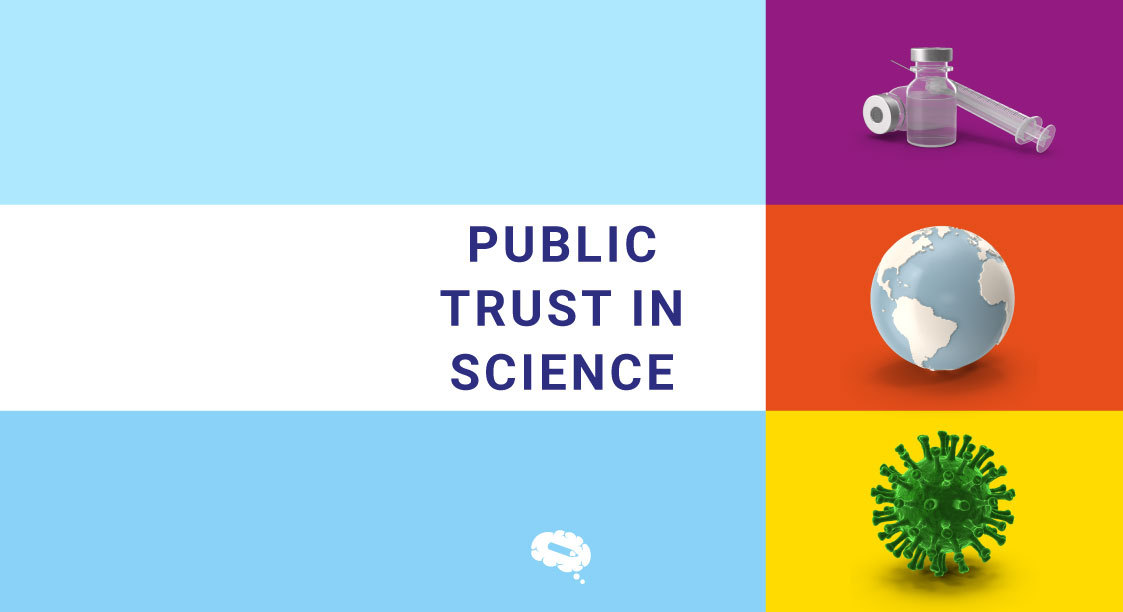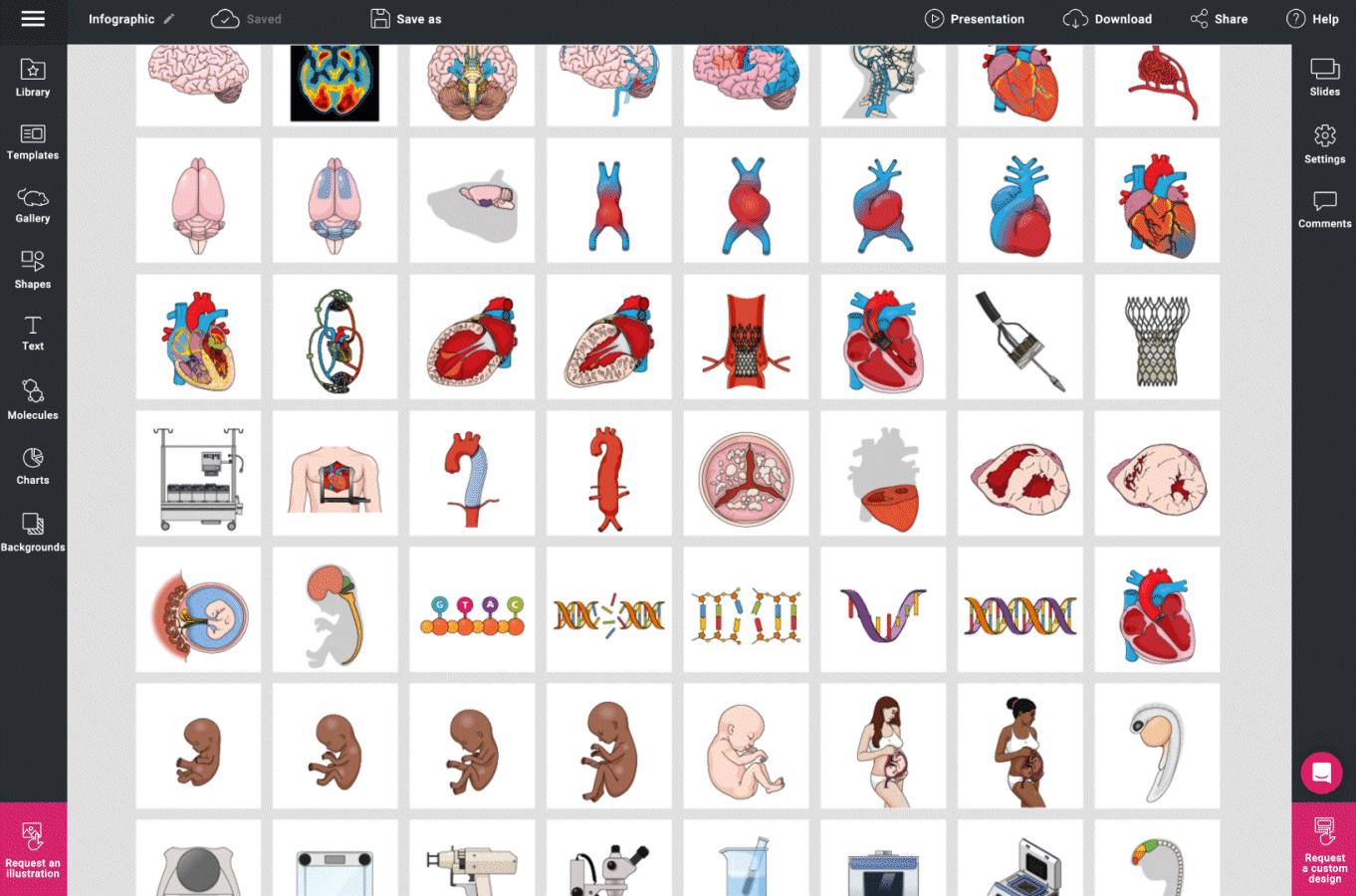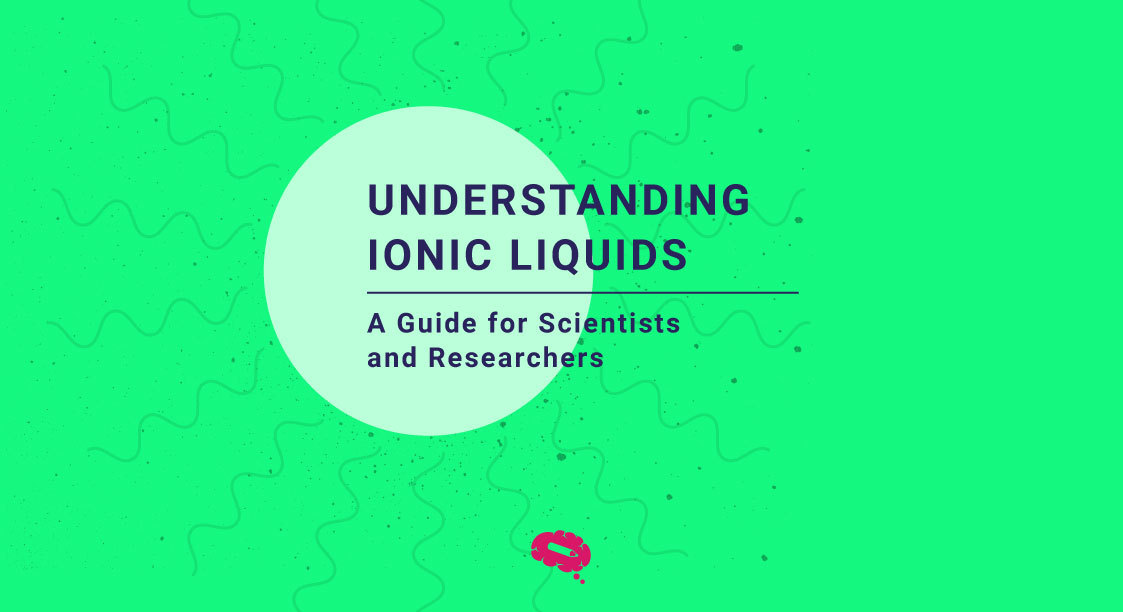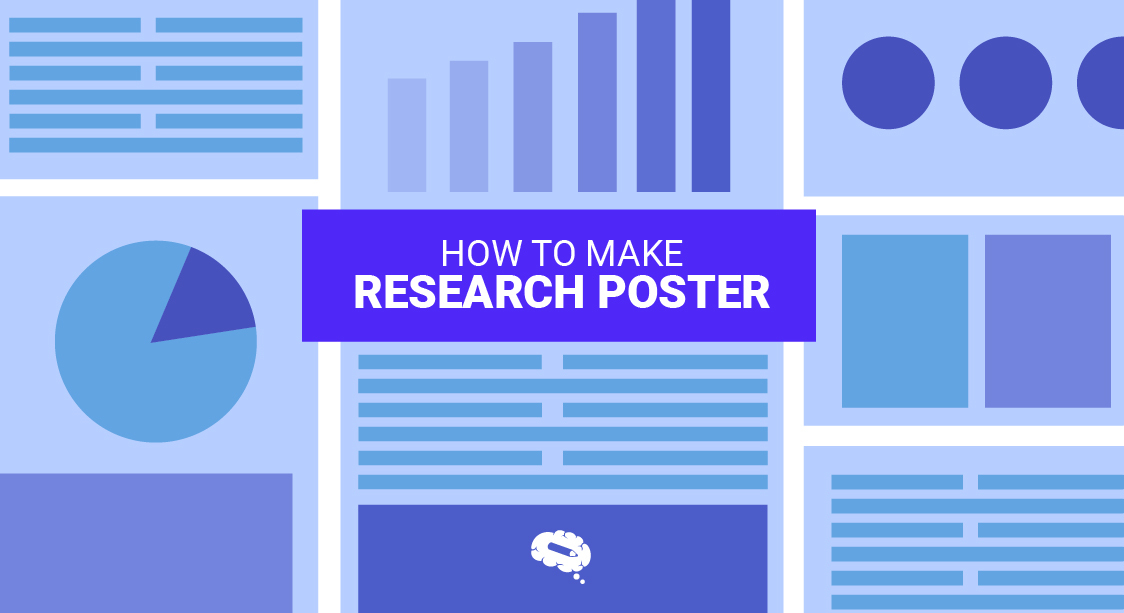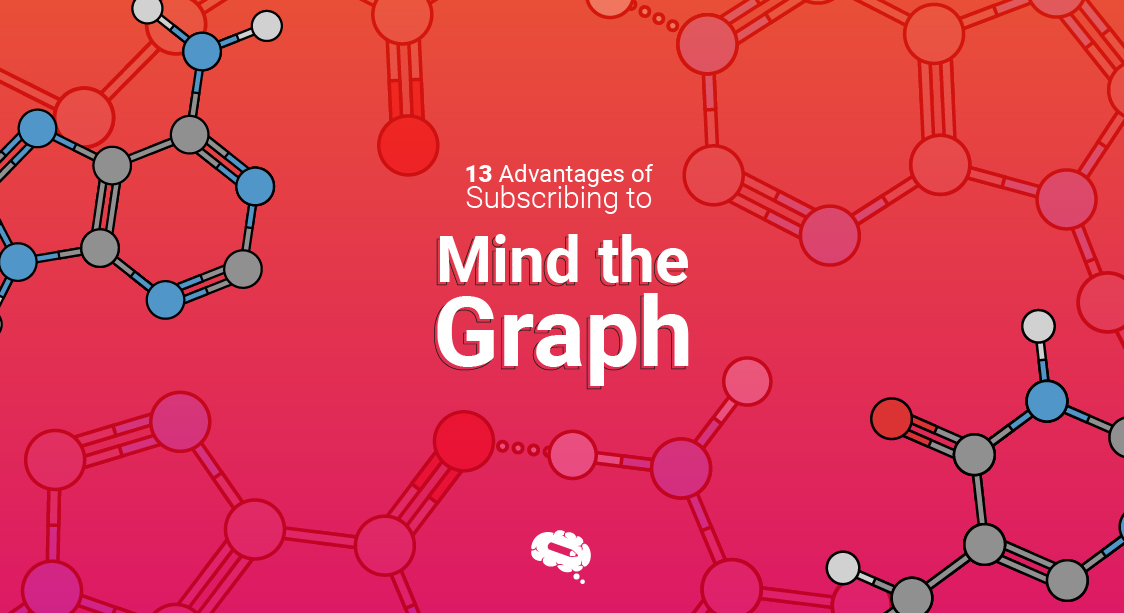Understanding public trust in science is pivotal in today’s world. It’s not merely about facts and evidence but about the confidence people place in the scientific community. In an era characterized by a flood of information and diverse opinions, trust acts as the cornerstone of our willingness to accept, follow, and act upon scientific discoveries and recommendations.
This trust is a delicate bond that shapes policies, healthcare decisions, and technological advancements. Delving into the depths of this relationship unveils the essence of how science intersects with society’s beliefs and values, making it a crucial focal point for progress and stability in our modern world.
Overview Of Public Trust In Science
Public trust in science is the sturdy foundation supporting progress and new ideas. It represents how much we count on the wisdom, discoveries, and advice of scientists. It’s not just about the facts but also about how much we believe in them, how much we trust the experts, and how clear and open they are with us. This trust is like a bridge that connects what scientists find out with how much we accept it, use it, and see it change our lives.
Importance Of Public Trust In Science
Public trust in science serves as a cornerstone for societal progress and the development of evidence-based decision-making. It influences the acceptance and utilization of scientific advancements, policy implementations, and technological innovations. This trust not only fosters collaboration but also ensures that scientific findings and recommendations are embraced and applied for the betterment of society.
Definition Of Public Trust In Science
Public trust in science embodies the reliance and confidence that the general population places in scientific knowledge, methodologies, and institutions. It signifies the faith and credibility vested in scientific findings, experts, and the scientific community as a whole. This trust forms the basis for public acceptance, adoption, and utilization of scientific advancements, shaping societal beliefs, policies, and actions.
Factors Influencing Public Trust In Science
Public trust in science is shaped by multifaceted factors that encompass scientific credibility, social perceptions, cultural contexts, and communicative transparency. Understanding these factors is crucial in deciphering the intricate relationship between society and scientific knowledge.
Role Of Scientific Research And Advancements
Scientific research constitutes the backbone of public trust in science. Robust research methodologies, empirical evidence, and the consistent delivery of reliable and credible findings reinforce public confidence. The applications and outcomes of scientific advancements in technology, medicine, and various fields significantly contribute to society’s trust in scientific endeavors.
Examples of Scientific Breakthroughs and Their Impact on Public Trust
Here are a few examples of significant scientific breakthroughs and their profound impact on public trust:
- Discovery of Vaccines: Vaccines have revolutionized public health by eradicating diseases and saving millions of lives. Landmark vaccines like those against smallpox, polio, measles, and COVID-19 have bolstered trust in the efficacy of vaccination programs and medical science.
Related article: Hardships Faced by Researchers in Life-Science After Covid
- Moon Landing: The successful Apollo moon missions by NASA demonstrated humanity’s capability to achieve extraordinary feats in space exploration. These missions not only advanced scientific knowledge but also instilled a sense of awe and trust in scientific capabilities.
Related article: Missions to the Moon Illustrated
- Genetic Engineering and CRISPR: Innovations in genetic engineering, particularly CRISPR-Cas9 technology, have opened avenues for precise gene editing. These breakthroughs hold promise for treating genetic disorders, enhancing agricultural productivity, and advancing medical therapies, contributing to scientific credibility and trust.
Related article: How Does CRISPR Therapy Operate in Gene Therapy?
- Internet and Digital Revolution: The creation of the Internet and subsequent digital technologies have transformed communication, commerce, and information access. These advancements, developed through scientific and technological innovations, have become integral to daily life, reinforcing trust in scientific progress.
- Renewable Energy and Climate Science: The pursuit of renewable energy sources and climate science advancements aims to combat climate change. Developments in solar, wind, and other clean energies underscore the relevance of scientific solutions in addressing global challenges, enhancing trust in scientific endeavors.
- Medical Advancements and Disease Treatments: From organ transplants and advancements in cancer treatments to innovative medical devices, numerous medical breakthroughs have saved lives and improved healthcare outcomes. These breakthroughs highlight the importance of scientific research in enhancing human well-being.
- Artificial Intelligence and Robotics: Innovations in artificial intelligence and robotics have transformed industries, from automation in manufacturing to sophisticated AI algorithms aiding in healthcare and data analysis.
Related article: Artificial Intelligence In Science
Perception Of Scientists And Scientific Institutions
Public trust in science is significantly influenced by the public’s perception of scientists and scientific institutions. Factors such as integrity, ethics, and transparency play pivotal roles in building credibility. The demonstration of honesty and ethical behavior in research, along with transparent communication of scientific findings, fosters understanding and trust among the public.
Also read: A Deep Dive Into The Importance Of Ethics In Science
Engaging with diverse communities, promoting inclusivity, and showcasing commitment to societal interests contribute to building trust. Rigorous peer review processes, validation of research, and responsiveness to emerging concerns further enhance the reliability of scientific information. Collectively, these elements shape how the public perceives the credibility and responsibility of scientists and institutions, ultimately influencing trust in the field of science.
Celebrity Scientists and their Influence on Public Trust
Celebrity scientists, prominent figures in popular culture known for their association with scientific knowledge, wield considerable influence in shaping public trust. Through their endorsement of scientific principles, these individuals bridge the gap between complex scientific concepts and the general audience by presenting information in accessible ways.
By advocating for evidence-based decision-making and promoting critical thinking, they instil confidence and credibility in scientific research. Their widespread recognition and engagement with diverse audiences provide a platform for communicating the importance of science in society, which significantly contributes to enhancing public trust in the field of science.
Cultural And Social Factors Affecting Public Trust In Science
Cultural and social norms, along with the values and historical contexts inherent in various societies, hold considerable influence over the public’s trust in scientific endeavors. These diverse cultural perspectives and societal beliefs profoundly impact the reception, acceptance, and assimilation of scientific information within different communities. The significance of these factors lies in their role in shaping the lens through which scientific knowledge is perceived and interpreted.
By acknowledging and comprehending these nuances, scientists and communicators can craft strategies tailored to effectively disseminate scientific findings across diverse cultural landscapes, fostering better understanding and acceptance among varied societal groups. Understanding these influences is pivotal in bridging the gap between scientific expertise and public comprehension, ensuring the communication of science aligns with the values and contexts of diverse communities.
Influence of Cultural Values and Beliefs on Trust in Science
Cultural values and beliefs wield significant influence over the credibility of scientific information. When scientific knowledge aligns with cultural values, it tends to gain more trust. Conversely, a mismatch between scientific findings and cultural beliefs can lead to skepticism. Understanding these differences is vital for effective communication and acceptance of scientific advancements within diverse cultural contexts.
Measures Of Public Trust in Science
Public trust in science is often measured through various surveys, studies, and assessments to gauge the confidence and faith people have in scientific information, institutions, and experts.
Surveys And Studies On Public Trust In Science
These surveys and studies encompass methodologies such as questionnaires, interviews, and data analysis to evaluate public perceptions, attitudes, and levels of trust in scientific information, institutions, and scientists.
Findings from Recent Surveys on Public Trust in Science
Recent surveys focused on public trust in science have provided invaluable insights into the dynamics of societal attitudes and perceptions towards scientific information and institutions. These surveys delve into the reasons behind shifts in trust levels, capturing nuanced changes in attitudes, concerns, and factors that influence how the public perceives scientific findings and experts.
By analyzing these findings, researchers gain a comprehensive understanding of the evolving nature of public trust in science, thereby aiding in the development of more effective strategies to bridge gaps and bolster trust between the scientific community and the wider society.
Factors That Influence Individual Levels Of Trust In Science
Various factors contribute to shaping an individual’s trust in science. These include demographics, media consumption habits, educational backgrounds, cultural influences, personal experiences, and societal contexts.
Demographic Factors
Demographic factors, including age, gender, education level, socio-economic status, geographic location, and ethnicity, are instrumental in shaping individuals’ perceptions of and trust in scientific information and institutions. Research consistently demonstrates that these demographic variables play crucial roles in influencing attitudes towards science.
For instance, individuals with higher education levels or those residing in urban areas tend to exhibit greater trust in scientific information and institutions. Moreover, differences in trust levels across various demographic groups highlight the importance of tailored communication strategies to effectively engage diverse populations with scientific information. Understanding these demographic nuances is pivotal in designing targeted approaches to enhance public understanding and trust in science across different segments of society.
Media Consumption Habits
Media consumption habits wield substantial influence over individuals’ perception and trust in scientific information. The varied nature of media sources, ranging from traditional news outlets and peer-reviewed journals to social media platforms and online forums, impacts the way people perceive and evaluate scientific information.
Research indicates that individuals who predominantly rely on credible, well-established news sources or peer-reviewed journals tend to exhibit higher levels of trust in scientific information. In contrast, those who engage more with social media platforms or less authoritative online forums may demonstrate more skepticism or variable levels of trust in scientific findings.
Related article: What Is A Peer-Reviewed Article And Where Can We Find It?
Understanding the diverse media consumption patterns and their impact on shaping trust in science is crucial for devising effective communication strategies that cater to different audience preferences and habits.
Importance Of Building And Maintaining Public Trust In Science
Building and maintaining public trust in science is fundamental, especially during crises like the COVID-19 pandemic. Trust in scientific expertise and information significantly shapes public adherence to health guidelines, vaccination acceptance, and overall pandemic response. Throughout the COVID-19 outbreak, trust in science played a critical role in adopting preventive measures such as mask-wearing, social distancing, and vaccination. Nations that successfully cultivated high levels of trust experienced better compliance with public health measures, resulting in lower infection rates and effective virus containment.
Conversely, areas where trust in science eroded faced challenges in controlling the outbreak due to misinformation, skepticism, and hesitancy hindering mitigation efforts. Therefore, reinforcing public trust in science through transparent communication, evidence-based guidance, and collaborative efforts among scientists, policymakers, and communities remains crucial in managing health crises and addressing global challenges.
Recent data from the Pew Research Center indicates a decline in Americans’ confidence in scientists and medical scientists over the past year, deviating from the heightened trust observed earlier during the COVID-19 pandemic. Presently, only 29% of U.S. adults express a great deal of confidence in medical scientists’ ability to act in the public’s best interests, marking a significant decrease from the 40% reported in November 2020.
Similarly, the percentage of individuals with substantial confidence in scientists to act in the public’s best interests has dropped by 10 points, down from 39% to 29%. These findings signal a reversal in the earlier surge of trust in both groups. Moreover, current confidence levels in medical scientists and scientists have fallen below those observed in January 2019, pre-dating the onset of the coronavirus. This decline underscores the changing dynamics of public trust in scientific experts.

Benefits Of High Levels Of Trust In Science For Society
High levels of trust in science offer significant societal benefits:
- Improved Public Health Responses: Trust in scientific guidance boosts compliance with health measures during crises, leading to better containment and reduced transmission rates.
- Promotes Innovation: It encourages investment in research, fostering technological advancements that drive societal progress and economic growth.
- Informed Decision-Making: Trust enables individuals to make informed choices based on reliable scientific findings, aiding in personal health and policy decisions.
- Social Cohesion: It fosters unity and cooperation during crises, contributing to a more resilient and cohesive society.
- Environmental Conservation: Trust in environmental science encourages sustainable practices and initiatives for combating climate change.
- Education and Curiosity: It stimulates interest in lifelong learning and education, particularly in STEM fields, promoting a culture of discovery and innovation.
Challenges To Public Trust In Science
- Misinformation: The spread of false or misleading information undermines trust in scientific findings and experts.
- Polarization: Differing ideologies and political agendas can influence public perception, creating skepticism toward scientific consensus.
- Ethical Concerns: Instances of scientific misconduct or unethical practices can diminish trust in scientific institutions and researchers.
- Communication Gaps: Ineffective communication of complex scientific concepts or findings to the public can lead to misunderstandings and mistrust.
- Commercial Influence: Perceived conflicts of interest or corporate influences on research can raise doubts about the integrity of scientific outcomes.
- Crisis Fatigue: Repeated exposure to conflicting information during crises may lead to erosion of trust in scientific advice or recommendations.
Ways To Enhance And Restore Public Trust In Science
Strategies to enhance public trust in science involve transparent communication, clear messaging, and ethical research practices. Engaging communities through dialogue, promoting scientific literacy, and combating misinformation is crucial. Collaboration among scientists, policymakers, and diverse groups, along with responsiveness to public feedback, ensures adaptability. Rigorous regulation, learning from mistakes, and showcasing the positive impact of science aid in restoring confidence and fostering a stronger relationship between science and society.
Online Scientific Design Tool For Your Classes, Speeches, Papers And Much More!
Mind the Graph is a versatile online scientific design tool perfect for creating visuals like infographics, posters, and diagrams. It offers a range of customizable templates and scientific illustrations, making it ideal for simplifying complex concepts, enhancing presentations, and engagingly illustrating research findings. A user-friendly platform and interface with extensive libraries cater to students, educators, researchers, and professionals across scientific fields. Sign up for free and start creating your design now – it takes less than 15 minutes to create.

Subscribe to our newsletter
Exclusive high quality content about effective visual
communication in science.

